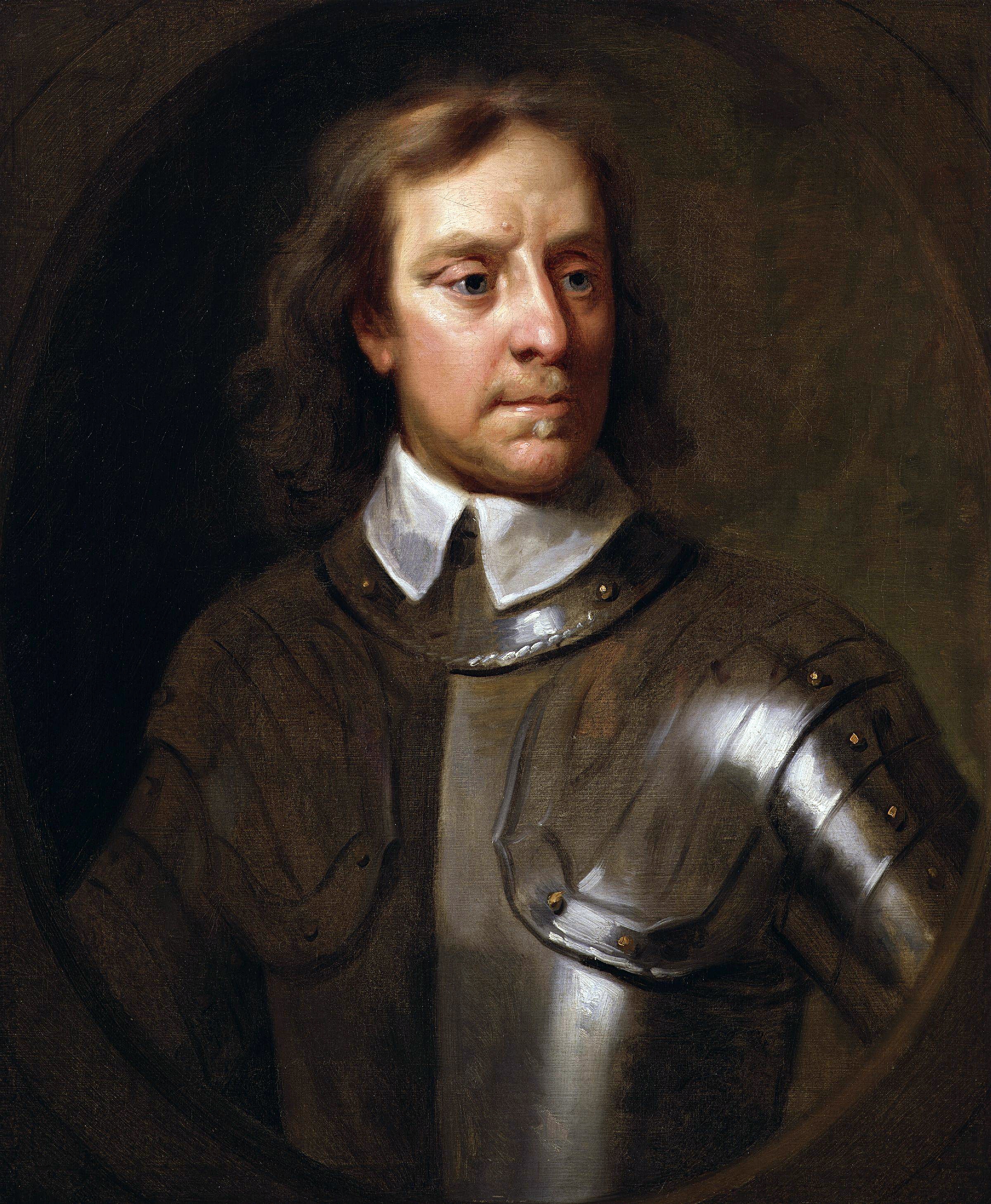“Abbiate fede in Dio, ragazzi miei, e tenete le vostre polveri asciutte.”
citato in Giuseppe Fumagalli, Chi l'ha detto?, U. Hoepli, Milano, 1921, p. 450
Oliver Cromwell è stato un condottiero e politico inglese.
Dopo essere stato alla testa delle forze che abbatterono temporaneamente la monarchia inglese, instaurando la repubblica del Commonwealth of England, governò Inghilterra, Scozia e Irlanda con il titolo di Lord Protettore, dal 16 dicembre 1653 fino alla morte.
Dopo la sepoltura la sua salma fu riesumata e sottoposta al rituale dell'esecuzione postuma.
Wikipedia

“Abbiate fede in Dio, ragazzi miei, e tenete le vostre polveri asciutte.”
citato in Giuseppe Fumagalli, Chi l'ha detto?, U. Hoepli, Milano, 1921, p. 450
da una lettera del 5 settembre 1644; p. 35
da una lettera a un generale scozzese presbiteriano che l'aveva destituito, inizio del 1644; p. 38
incerta: al cugino Hampden, dopo la battaglia di Edgehill nell'ottobre del 1642; p. 40
da un discorso del 1645; p. 37
“No one rises so high as he who knows not whither he is going.”
Statement to Pomponne de Bellievre, as told to Cardinal de Retz in 1651; Memoirs of Cardinal de Retz (1717) http://www.gutenberg.org/files/3846/3846.txt
Variante: One never rises so high as when one does not know where one is going.
Gargantua and Pantagruel (1532–1564), Fifth Book (1564)
“It's a blessed thing to die daily.”
Letter to Sir Thomas Fairfax (7 March 1646)
Contesto: It's a blessed thing to die daily. For what is there in this world to be accounted of! The best men according to the flesh, and things, are lighter than vanity. I find this only good, to love the Lord and his poor despised people, to do for them and to be ready to suffer with them.... and he that is found worthy of this hath obtained great favour from the Lord; and he that is established in this shall ( being conformed to Christ and the rest of the Body) participate in the glory of a resurrection which will answer all.
Statement to Parliament (4 February 1658) quoted in The Diary of Thomas Burton, esq., volume 2: April 1657 - February 1658 (1828), p. 466
Address to the Rump Parliament (20 April 1653)
Speech to Parliament http://www.british-history.ac.uk/report.asp?compid=36881 (4 February 1658), quoted in The Diary of Thomas Burton, esq., volume 2: April 1657 - February 1658 (1828), p. 465-466
Speech in the Commons during the debate which preceded the "Vote of No Addresses" (January 1648) as recorded in the diary of John Boys of Kent
Contesto: We declared our intentions to preserve monarchy, and they still are so, unless necessity enforce an alteration. It’s granted the king has broken his trust, yet you are fearful to declare you will make no further addresses... look on the people you represent, and break not your trust, and expose not the honest party of your kingdom, who have bled for you, and suffer not misery to fall upon them for want of courage and resolution in you, else the honest people may take such courses as nature dictates to them.
“The dimensions of this mercy are above my thoughts. It is for aught I know, a crowning mercy.”
Letter to William Lenthall, Speaker of the House of Commons (4 September 1651)
Letter to Charles Fleetwood (1652)
As quoted from "Dying Sayings" of Oliver Cromwell's Letters and Speeches by Thomas Carlyle
Speech to the First Protectorate Parliament (12 September 1654)
After the Siege of Drogheda, where Cromwell had forbid his soldiers "to spare any that were in arms in the town" (1649)
“Though peace be made, yet it's interest that keep peace.”
Quoted in a statement to Parliament as as "a maxim not to be despised" (4 September 1654)
Letter to Colonel Valentine Walton (5 July 1644)
Speech to the First Protectorate Parliament (12 September 1654)
“I tell you we will cut off his head with the crown upon it.”
To Algernon Sidney, one of the judges at the trial of Charles I (December 1648)
Speech to his army officers (23 March 1649)
Statement to Colonel Valentine Walton (5 or 6 September 1644)
Speech dissolving the First Protectorate Parliament (22 January 1655)
“Since providence and necessity has cast them upon it, he should pray God to bless their counsels.”
On the trial of Charles I (December 1648)
Letter to Walter Dundas (12 September 1650)
“God has brought us where we are, to consider the work we may do in the world, as well as at home.”
Speech to the Army Council (1654)
Speech to the First Protectorate Parliament (12 September 1654)
As quoted in Anecdotes of Painting in England (1762-1771) by Horace Walpole often credited as being the origin of the phrase "warts and all".
Variant: Paint me as I am. If you leave out the scars and wrinkles, I will not pay you a shilling.
“It is not my design to drink or to sleep, but my design is to make what haste I can to be gone.”
Words that Cromwell spoke as he was dying and was offered a drink (3 September 1658)
Speech to Parliament http://www.british-history.ac.uk/report.asp?compid=36871 (25 January 1658), quoted in The Diary of Thomas Burton, esq., volume 2: April 1657 - February 1658 (1828), p. 361